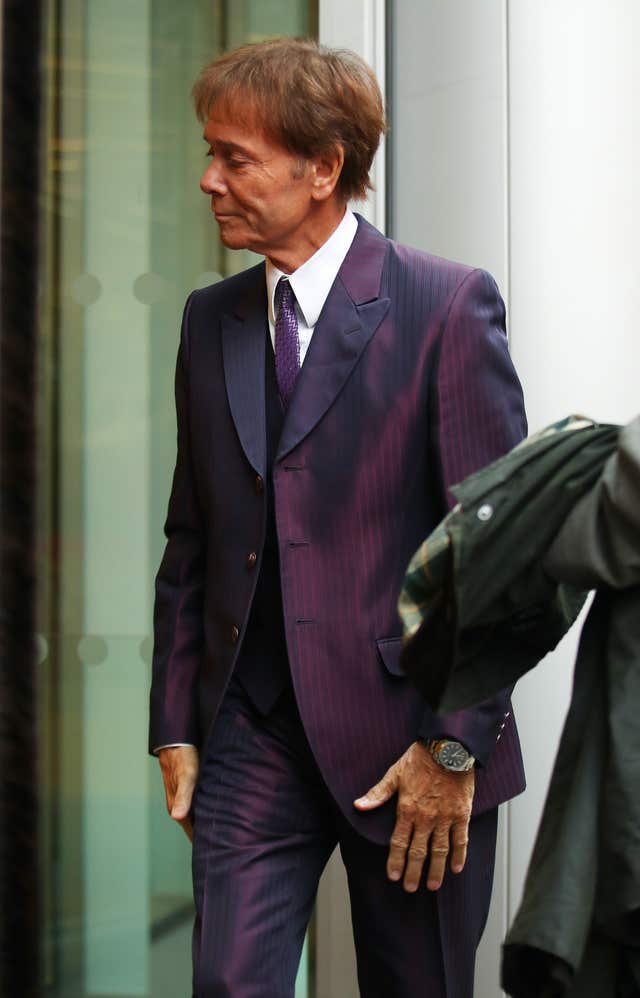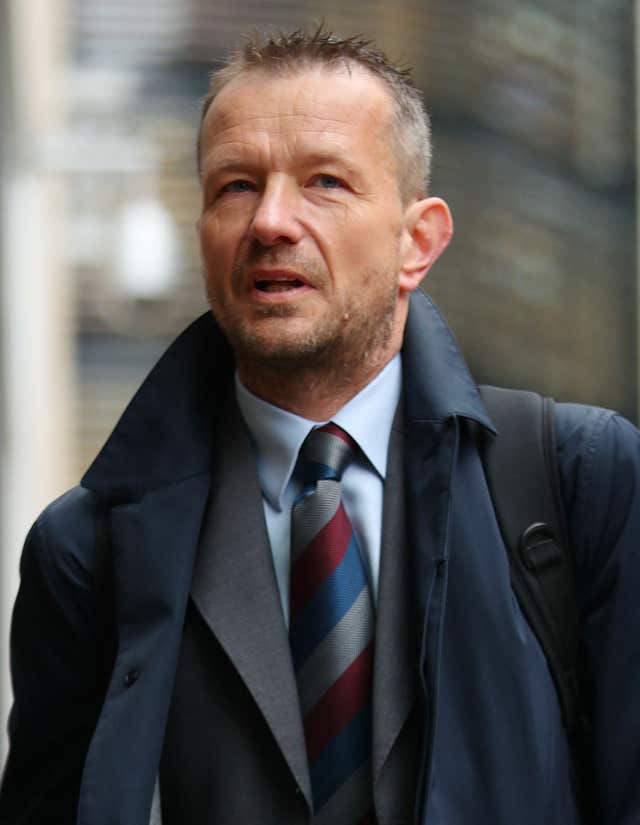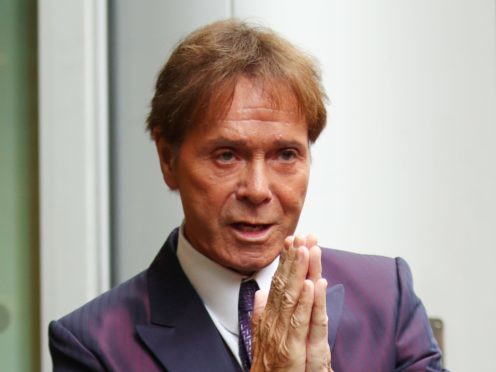Sir Cliff Richard’s lawyers have told a High Court judge that the singer should get “very substantial” compensation because BBC coverage of a police raid on his home was a “flagrant” breach of his privacy rights.
A barrister leading Sir Cliff’s legal team said BBC coverage of a police search of the singer’s apartment in Sunningdale, Berkshire, in August 2014 following an allegation of sex assault was a “very serious invasion” of privacy.
Justin Rushbrooke QC complained of television cameras being used to “spy into someone’s home”.
He outlined Sir Cliff’s case at the start of a trial at the High Court in London on Thursday.
The 77-year-old singer has sued the BBC over coverage of the police raid.

Sir Cliff, who denied wrongdoing and was not charged with any offence, says he suffered “profound and long-lasting damage” as a result of coverage.
BBC editors have said they will “defend ourselves vigorously”.
“In a nutshell, it is Sir Cliff’s case that the BBC’s coverage of the search was an invasion – indeed a very serious invasion – of his privacy for which there was no lawful justification,” Mr Rushbrooke, who is leading Sir Cliff’s legal team, told the judge in a written statement.
“The fact and the details of the investigation which the BBC published to the world at large, along with the video footage of his apartment being searched, were private information and there was no public interest in the disclosure of this information to the millions of viewers and website readers around the world to whom it was published.
“For strong public policy reasons, persons who are under investigation but have not been charged with any offence should not be publicly named other than in exceptional circumstances – circumstances which were not present in this case.
“Moreover, even if there had been some public interest in the fact that the claimant was under investigation, the way that the BBC went about publishing the ‘story’ was so disproportionate, and so intrusive, as to render it unlawful.”

He said Sir Cliff was entitled to “very substantial” damages or compensation to reflect the “flagrant way” the BBC went about “breaching his rights”.
Mr Rushbrooke said the BBC had used a helicopter, adding the broadcasts and other publications were on any view “hugely intrusive”.
He said: “It is hard to encapsulate in words the sense of panic and powerlessness that must have been induced in him on August 14 2014 when he realised that the BBC were relaying instantaneously and indiscriminately around the world highly sensitive and damaging information concerning himself – all based upon an allegation of serious criminal conduct which he knew to be entirely false.”
Mr Rushbrooke said Sir Cliff had been left with “no option” but to take legal action and told the judge: “What we are talking about is using TV cameras to spy into someone’s home at the time when their target is in the most vulnerable position imaginable and then serve it up to the British public as the most sensational story imaginable.”
He went on: “The coverage had a profound and continuing impact on upon almost every aspect of his life.”
Mr Rushbrooke said a BBC newsgathering team had been “obsessive” about scooping rivals.
He complained of a “regrettable failure” to adhere to “proper standards”.
Lawyers have told Mr Justice Mann how in late 2013, a man made an allegation to the Metropolitan Police, saying he had been sexually assaulted by Sir Cliff at Sheffield United’s Bramall Lane football stadium when a child in 1985.
Met Police officers passed the allegation to South Yorkshire Police in July 2014.
Sir Cliff denied the allegation and in June 2016 prosecutors announced that he would face no charges.
A BBC spokesman has said that the BBC had reported Sir Cliff’s “full denial of the allegations at every stage”.
Sir Cliff had also sued South Yorkshire Police. But Mr Justice Mann has been told how that dispute was settled after the force agreed to pay the singer “substantial” damages.
Sir Cliff was at the hearing but said nothing to reporters when he arrived at court.
